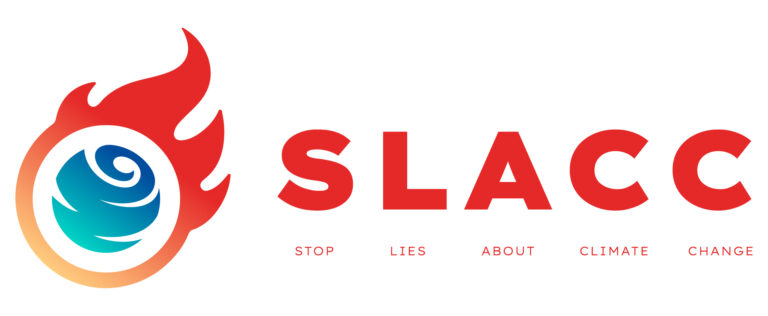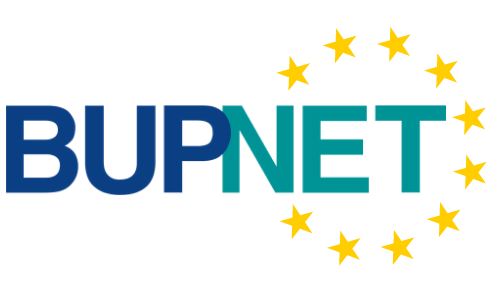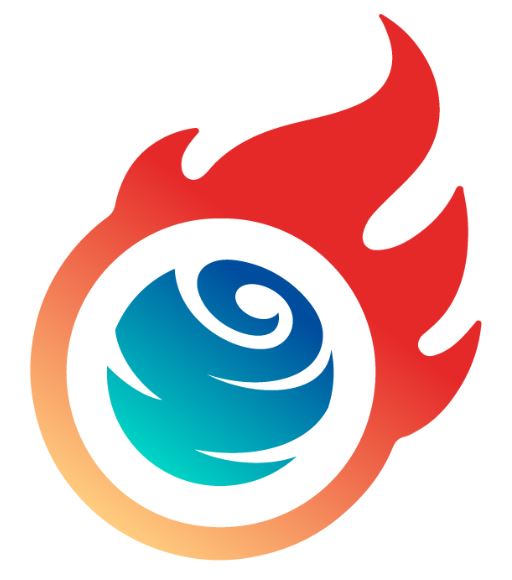
SLACC Newsletter #2: Unleash the Power of Climate Ambassadors!
📢 Exciting news! The second SLACC newsletter is here! 📰 Discover how we’re empowering climate ambassadors to combat climate myths and misinformation. Download your copy now! ➡️ Download SLACC Newsletter #2 🎓 Train to be a ‘climate ambassador’! Our recent…

